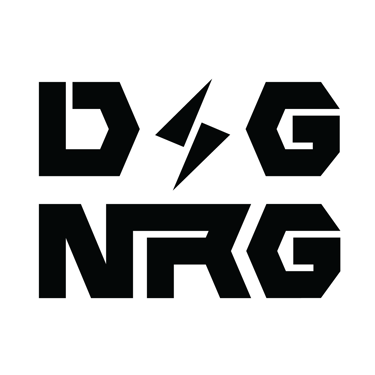Frequently asked questions
What services do you offer?
We specialize in comprehensive blockchain security audits and quality assurance (QA) auditing-as-a-service for Solidity smart contracts deployed in DeFi, NFT, and Web3 ecosystems. Our services cover:
- Full smart contract audits: Manual and automated code reviews, vulnerability scanning, and protocol analysis.
- QA Auditing-as-a-Service: Continuous integration of security checks into your development lifecycle.
- Security consulting: Threat modeling, architecture review, and protocol-level risk assessment.
- Post-deployment monitoring: Ongoing security evaluation, incident response, and upgrade support.
- Custom testing: Fuzzing, scenario simulations, and adversarial attack emulation.
How do you ensure security?
We combine advanced automated analysis tools with rigorous manual review by experienced auditors. Our process includes:
- Static and dynamic analysis using industry-leading platforms and custom scripts.
- Attack simulation: We actively simulate real-world exploits, including reentrancy, MEV, and privilege escalation.
- Threat modeling: Identify potential attack vectors and architectural weaknesses.
- Peer review: Each audit is cross-checked by multiple senior auditors for comprehensive coverage.
- Actionable reporting: Transparent, prioritized findings with clear remediation steps. Our team uses advanced automated and manual analysis, cutting-edge tools, and custom scripts to identify and mitigate risks.
What types of risks do you identify?
We identify and assess a wide spectrum of risks, including but not limited to:
- Reentrancy and privilege escalation
- Access control flaws
- Flash loan and MEV vulnerabilities
- Upgradability and proxy risks
- Economic and logic errors
- Oracle and external dependency risks
- Denial-of-service and gas exhaustion
- NFT-specific risks: Royalties, metadata, and transfer logic
- Front-running, sandwich attacks, and other MEV vectors
- Integration, composability, and interoperability risks
How can I trust your reports?
Our audit reports are:
- Transparent: Each finding is documented with technical evidence, severity rating, and reproducible proof-of-concept.
- Actionable: Clear remediation guidance and suggested best practices.
- Reviewed: Every report undergoes rigorous internal review before delivery.
- Follow-up support: We offer post-audit consultations and patch verification.
What is your experience level?
Our team consists of senior blockchain engineers and security researchers with:
- Years of hands-on experience in smart contract development and auditing.
- Contributions to open-source security tools and standards.
- Audits of high-profile protocols in DeFi, NFT, and Web3.
- Publications, and training.
How long does an audit take?
Typical audits take between 1 to 3 weeks depending on codebase complexity, scope, and client responsiveness. We offer expedited options for urgent projects.
What is your audit process?
1. Initial scoping: Review project requirements and codebase.
2. Automated and manual analysis: Identify vulnerabilities and potential risks.
3. Attack simulation and threat modeling
4. Draft report and client review
5. Remediation review: Verification of fixes.
6. Final report and certification
What do you need from me before starting an audit?
We require:
- The full source code (including dependencies and deployment scripts).
- Documentation of protocol logic, intended functionality, and upgrade plans.
- Details of any third-party integrations, oracles, and external contracts.
- Contact information for technical liaisons.


